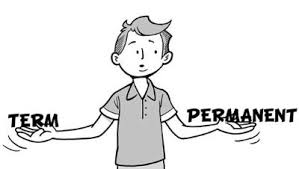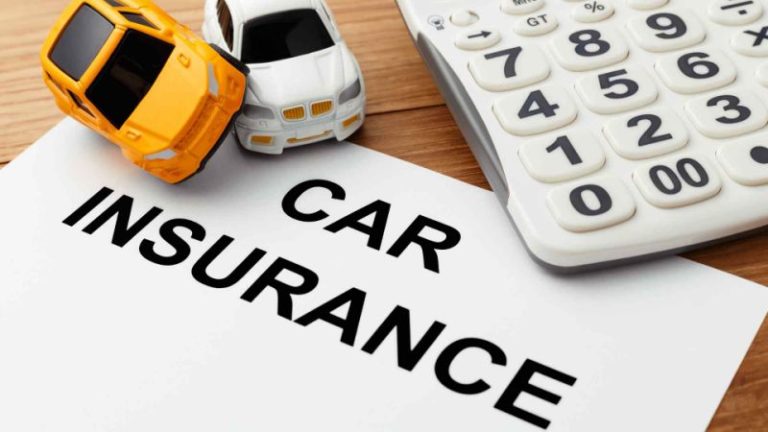The Pros and Cons of Debt Consolidation
Debt consolidation is a strategy many people use when managing multiple high-interest debts. It's about taking out a new loan to pay off all your existing debt, so you only have to pay once a month. While debt consolidation has some benefits, it's essential to weigh the pros and cons before deciding if it's right for you.
Benefits of debt consolidation:
1. Simplify your finances
One of the main benefits of debt consolidation is that it can simplify your finances. Instead of making multiple monthly payments to different lenders, you'll only make one payment to your consolidation loan provider. This makes it easier to keep track of your finances and ensures you don't miss any expenses.

2. Lower interest rates
Another potential benefit of debt consolidation is that it can lower your interest rate. If you have high-interest credit card debt, you can consolidate it into one loan with a lower interest rate, which can help you save on interest costs in the long run.
3. Fixed payment
Debt consolidation loans usually have fixed interest rates and charges, making budgeting and planning your expenses more manageable. For example, with credit card debt, your minimum balance may vary monthly, depending on your account balance and interest rate. With a consolidated loan, you know exactly how much you must pay monthly.
4. Improve your credit score
Your credit score may suffer if you're struggling to pay off debt. You can improve your credit score by consolidating debt and making regular new loan payments.
Disadvantages of debt consolidation:
1. More debt
One of the most significant disadvantages of debt consolidation is that it can lead to more debt. When you apply for a consolidation loan, you transfer existing obligations to new obligations. While this can make managing your finances more accessible, it also means you have to pay off new loans.

2. Fees and interest
Debt consolidation loans often come with fees and interest charges that can add up over time. For example, you may be required to pay a processing fee when you originate the loan and pay interest charges over the life of the loan.
3. Long-term costs
While debt consolidation can help you save on interest in the short term, it can also result in long-term costs. That's because consolidation loans typically have a more extended repayment period than credit card debt. This means you may have to pay more interest over the life of the loan.
4. Trying to accumulate more debt
Debt consolidation can give you a false sense of security and allow you to get more debt. For example, if you consolidate credit card debt, you may use your credit cards again and end up with more debt.
Is Debt Consolidation Right For You?
Debt consolidation may be a good option for some, but weighing the pros and cons before deciding if it's right for you is essential. If you have multiple high-interest debts and are struggling to pay them off, consolidation can help you simplify your finances and save on interest costs. But if you can't pay off your new loan regularly, debt consolidation can lead to more debt and financial stress.
When considering debt consolidation, compare loan quotes from multiple lenders. Look for loans with low-interest rates and reasonable fees, and ensure you can afford your monthly payments. It's also essential to have a budget and stick to it so you don't rack up more debt.
In conclusion, debt consolidation can be a helpful management strategy.











